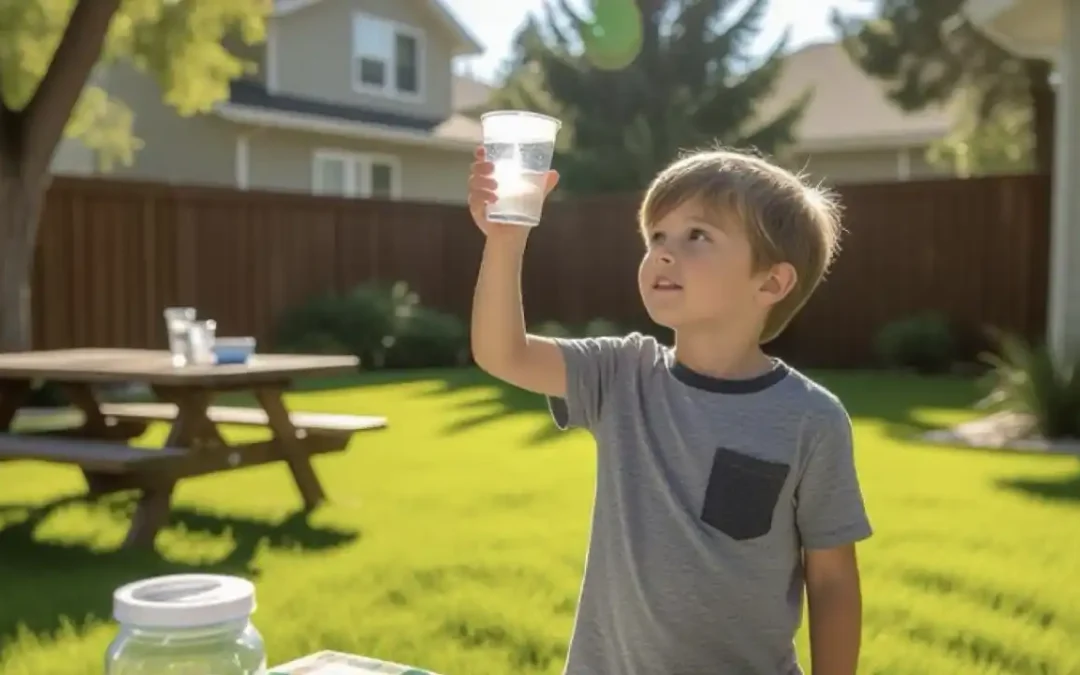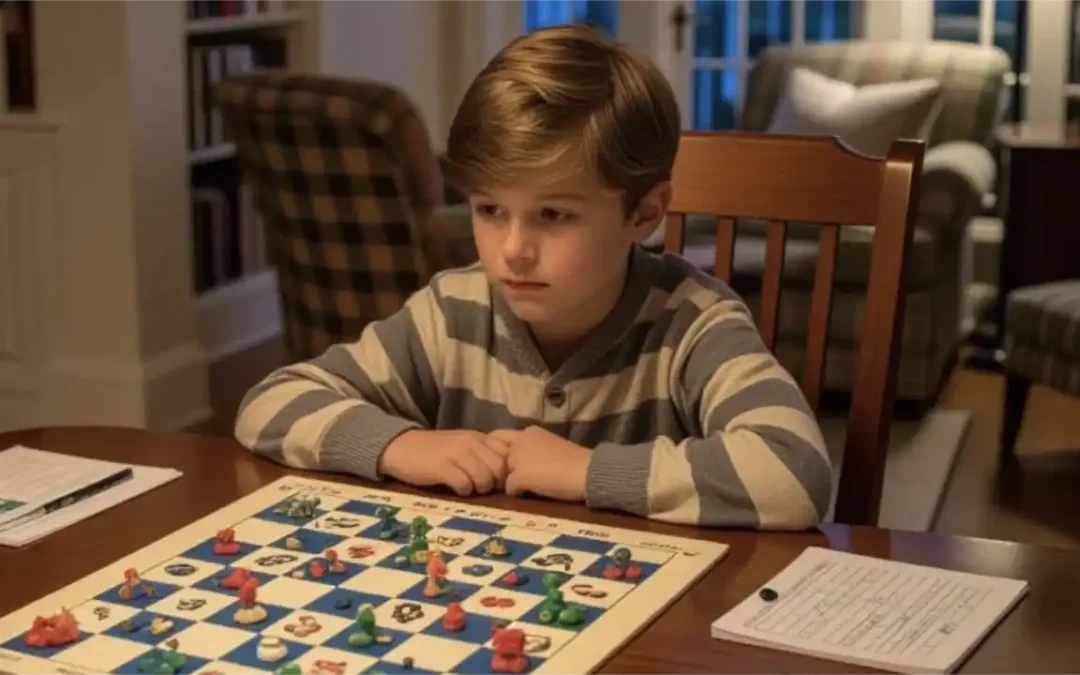
Core Critical Thinking: Verify Information at the Source
C
hildren today are bombarded by bold claims — viral videos, online ads, peer rumors — and often accept them without a second thought. This naïveté risks leading them into bad purchases, poor decisions, or a reputation for gullibility. Teaching them to ask, “Who’s behind this?” helps them sift truth from fiction, nurturing critical thinkers who prize evidence over noise, an essential habit for any future researcher, policymaker, or informed citizen.
One afternoon, my son came rushing to show me an ad for a toy that promised “hours of magic fun.” Instead of dismissing it outright, I asked him to find out who made the claim. A little digging led us to a flashy but questionable company website with no independent reviews. We then compared it against trusted consumer sites, discovering multiple warnings about false advertising. That experience taught him not to trust surface promises — a lesson he now applies to everything from online news to school projects.
Turn this critical skill into a routine by making “source hunts” a weekly family game. Challenge your child to pick a claim from an ad, a website, or a conversation and research who is promoting it. Help them cross-reference with at least one trusted source, and keep a “Truth Journal” where they record their findings. Apps like “Fact Check” or “Snopes” can make the hunt more engaging. With regular practice, they will grow into wise skeptics, able to navigate a world full of dazzling but deceptive messages.
Core Critical Thinking

Core Critical Thinking: Strengthen Logical Reasoning
Develop logic through puzzles, questions, and analysis. Strong reasoning helps children make wise, confident decisions in life.

Core Critical Thinking: Test Reality with Science
Show children how to test ideas through observation and experimentation. Science nurtures accuracy, curiosity, and clear thinking.

Core Critical Thinking: Challenge False Patterns
Teach children to recognize when patterns mislead. Strengthen logical thinking and awareness of common reasoning mistakes.

Core Critical Thinking: Investigate Underlying Causes
Help children look deeper than surface explanations. Understanding causes builds reasoning, clarity, and meaningful learning.

Core Critical Thinking: Question Every Claim
Encourage children to ask “How do we know?” Curiosity and reasoning help them think independently and avoid misinformation.
Table of contents

Primordial Soup for the Mind: Navigation
Navigate the book Primordial Soup for the Mind.
TIPS
- Ask “What’s the evidence?” to spark doubt.
- Praise keen questions to build confidence.
- Use a journal to track their doubts.
- Draw from passions like games or news.
- Share doubts over dinner to engage.
ACTIVITIES
- Ad Trace: Pick an ad, trace its source, compare to a fact, 10 minutes.
- Post Verify: Check a social post’s source, jot one fact, 10 minutes.
- Fact Hunt: Find a claim’s source, verify with a book, 10 minutes.
TOOLS
Encyclopedias, Fact Check app.

Download “Primordial Soup for the Mind: A Parent’s Guide to Nurturing Intellectual Growth”
Enter your information to get this article and hundreds more as part of the FREE book Primordial Soup for the Mind.
Share your thoughts with the Thought Academy community in the Comments section below.

Sharpen those skills!
Enter your information to get our FREE practice exercises so you can hone your critical thinking and reasoning skills!







0 Comments